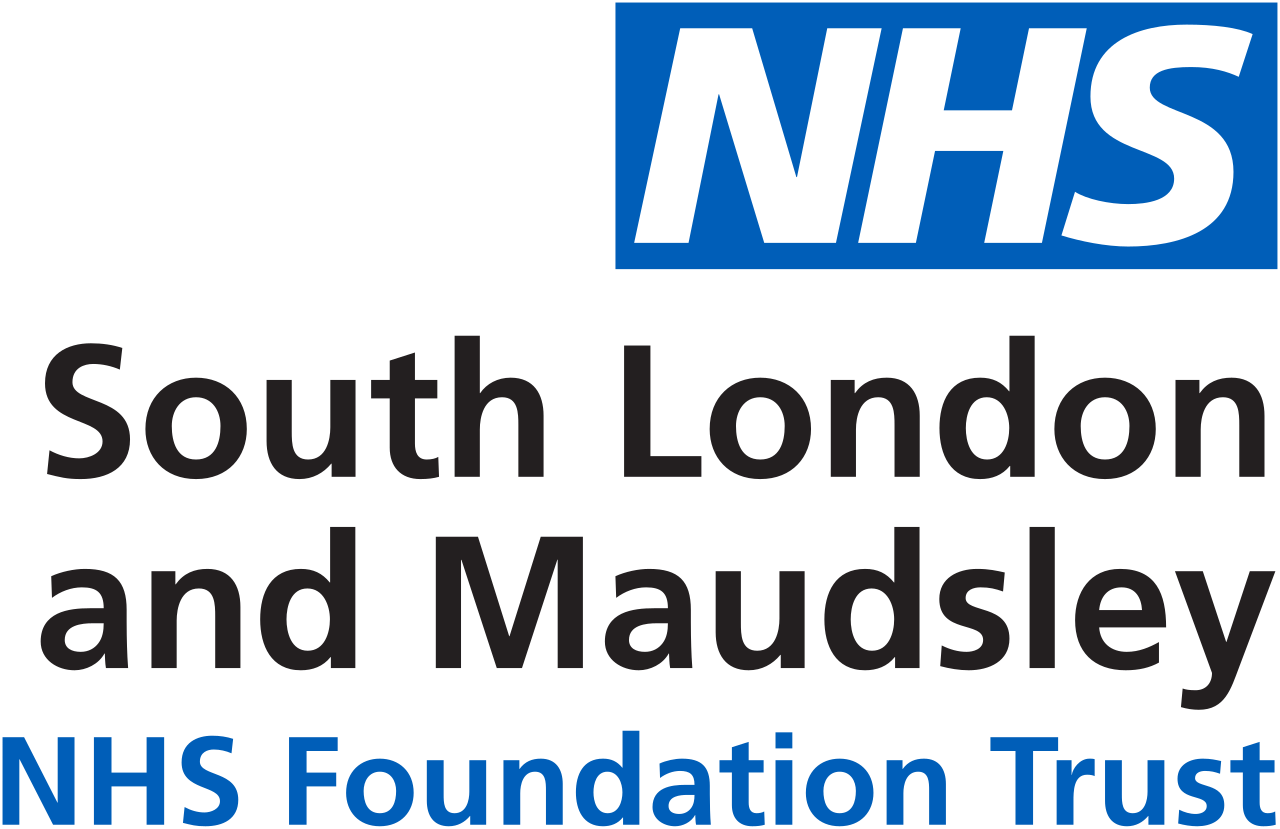Cognitive behavioural therapy for functional motor disorder: an observational study.
Conversion disorder is a condition in which individuals have physical symptoms that cannot be explained by medical evaluation. Patients with the motor version of conversion disorder or “functional motor disorder” can experience paralysis, weakness, tremor, jerking and spasm. Evidence suggests that medically unexplained symptoms respond well to cognitive behaviour therapy (Goldstein et al., 2010) but there is little evidence regarding functional motor disorder. Broad multidisciplinary approaches appear to be useful for the more severe cases (McCormack et al., 2013) and physiotherapy-based therapies have been found to be promising in day-patient and out-patient settings (Neilsen et al., 2014; Czarnecki et al., 2012). However there have been few reports on how effective CBT is in treating functional motor disorders specifically or what factors predict the best treatment outcomes. This study addresses these questions.

